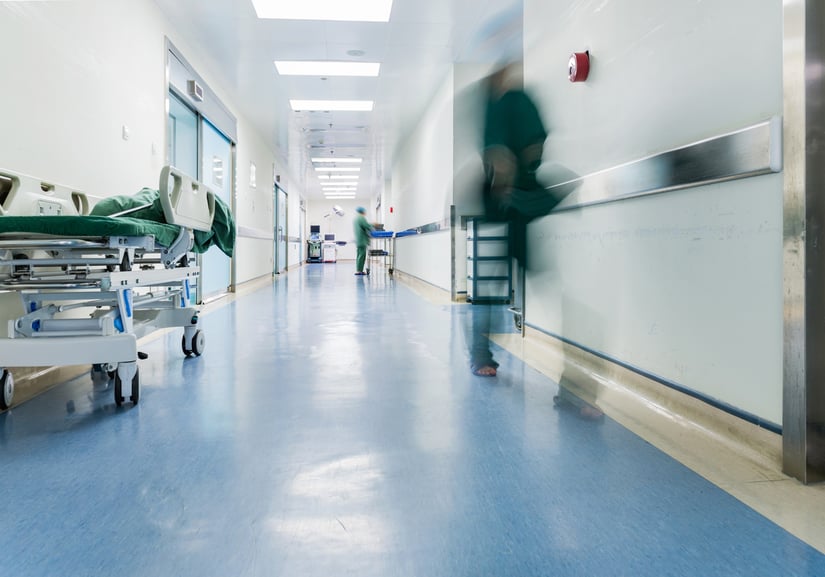
In October of 2012, Superstorm Sandy hit New York City with a vengeance. As area hospitals braced for the storm’s impact, administrators had no reason to fear their back-up generators would fail to function if the city’s power grid went down.
They were wrong.
New York University Langone Medical Center had to evacuate 215 patients when their auxiliary generator malfunctioned after Consolidated Edison cut power.
In a Time Magazine article published at the time of the disaster, the Langone Medical Center’s spokesperson said the facility had taken all necessary precautions and did not know why the generators malfunctioned. The lesson here? Even backup systems fail.
This incident highlights the need for hospitals to have emergency portable medical suction devices always at the ready. Any hospital could experience an auxiliary generator failure. In that case, a suction machine with battery back-up could save patient lives.
Here are 4 ways you can assess whether your hospital needs portable medical suction.
1. Your hospital is located in a disaster-prone area
Every place in America experiences its fair share of bad weather. As the National Risk Index shows, some communities are more at risk than others. If your facility is located in one of these areas, you would be wise to consider implementing redundant systems, such as having plenty of portable medical suction devices on hand in the event of a generator failure. Is your state on the list?
2. Your ER is chronically overcrowded
When your ER is overflowing, how do you handle an aspiration emergency in the waiting room, where your patient may be lying unconscious on the floor, nowhere near a wall suction port? This situation not only affects patient safety but also potentially impacts hospital liability, as well. In a case like this, you should always have emergency medical suction machines on hand. During a time of pandemic such as COVID, ERs and ICUs can go from normal patient care levels to overcrowded very quickly.
3. Wherever you might have to take a crash cart, you should be able to suction.
The most logical way to ensure good quality suction is at hand during a resuscitation procedure is to put that suction on the crash cart. The device should be able to run autonomously from battery power – thus eliminating the time required to find an outlet and plug in, or worse yet, discover there is no outlet within reach. In addition to being able to run autonomously off of batteries, the portable suction machine should be powerful enough to enable the removal of the most viscous, chunky materials, as well as adjustable in case the patient is very young.
4. Your facility does not offer emergency medical services
When a person needs medical help, they will head for the nearest building that looks like a hospital--even if it turns out the facility has no emergency room. If that building is part of your facility, you are responsible for providing emergency care at that location equal to that you would provide to an admitted patient in his or her bed. Availability of emergency equipment in those locations is essential.
Of course, there are many good reasons why every hospital should stock portable aspirators. Any facility that transports patients through the halls and up and down elevators for procedures, or has an expansive mother-baby unit where new moms can stroll away from vital wall suction ports, can benefit from employing redundant systems in case of an airway emergency.
And even if your facility isn’t located in one of the top areas for natural disasters, you would be wise to assess how often your geographic area experiences weather that causes the electricity to go out. No hospital wants to find itself in the situation Langone Medical Center fell into when its backup systems failed.
Have you ever experienced a hospital generator failure? How did you respond? Tell us in the comments.
Editor's Note: This blog was originally published in December 2020. It has been re-published with additional up to date content.
















